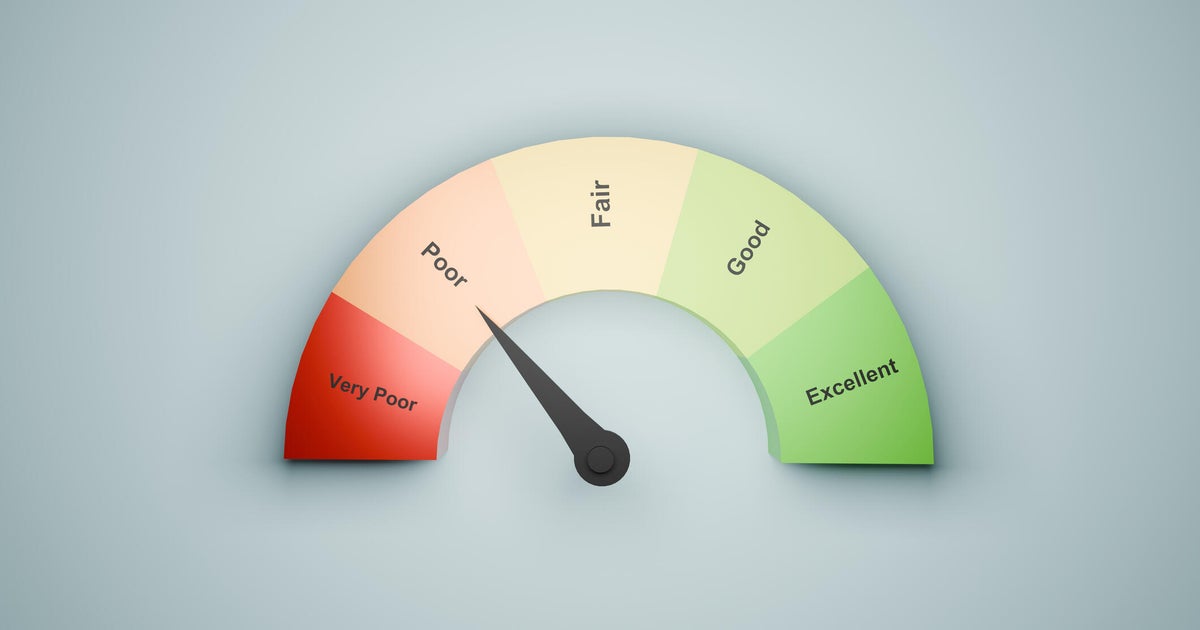Why Are Credit Scores Plummeting and How Can You Fix Yours?

Published: 2025-09-16 18:57:25 | Category: Finance-Banking
The recent decline in average credit scores across the United States reflects a troubling shift in financial health, with the national average dropping from 718 in 2023 to 715 in 2025, following two consecutive years of decrease. This downturn is largely attributed to increasing debt levels and rising delinquency rates among various loans, painting a picture of financial stress for many Americans.
Last updated: 15 October 2023 (BST)
Key Takeaways
- The national average credit score fell from 718 in 2023 to 715 in 2025.
- Delinquency rates on credit cards, auto loans, and personal loans have surged to levels last seen during the 2009 financial crisis.
- Generation Z is experiencing the most significant drops in credit scores, with 14% seeing declines of 50 points or more.
- Homeowners are faring better than younger renters, as delinquency rates on mortgages remain low.
- Taking immediate steps can help mitigate credit score damage, such as paying bills on time and reaching out to creditors.
The Decline of Credit Scores: An Overview
For over a decade, many Americans enjoyed the benefits of rising credit scores, which provided increased access to credit and favourable loan terms. However, recent data from FICO indicates that this trend has reversed, with the average credit score now sitting at 715 in 2025. This decline is more than a minor fluctuation; it signals deeper financial issues affecting households across the nation.
Understanding the Causes of the Decline
Several factors are contributing to this decline in credit scores:
- High Interest Rates: The Federal Reserve has maintained elevated interest rates to combat inflation, making borrowing more expensive. This has placed additional strain on households already grappling with increased living costs.
- Rising Delinquency Rates: Data shows that delinquency rates for credit cards, auto loans, and personal loans have reached or exceeded levels seen during the 2009 financial crisis. This indicates that more Americans are struggling to keep up with their payments.
- Generation Z’s Financial Struggles: Young adults are experiencing the most significant credit score drops, with many facing financial hardships during a critical time in their earning potential.
The Numbers Behind the Trends
FICO's analysis paints a stark picture of the current credit landscape. Delinquency rates on various loans have surged, indicating that many Americans are failing to meet their financial obligations. For instance, delinquency rates on credit cards have reached levels not seen since the depths of the last recession. This not only impacts individual credit scores but also reflects the overall economic health of households.
Who's Most Affected by the Decline?
The decline in credit scores is particularly pronounced among Generation Z. Approximately 14% of these borrowers have experienced dramatic drops of 50 points or more in the past year. This figure is significant as it doubles the rate seen in 2021 and surpasses declines reported by other generations.
The Struggles of Younger Borrowers
This cohort, many of whom are just beginning their careers, finds themselves in a precarious financial situation. High levels of student debt, coupled with rising living costs, have created a landscape where these young adults are often unable to manage their credit cards effectively. Consequently, they face challenges in securing loans for homes, cars, and even employment opportunities that require credit checks.
A Contrast with Homeowners
Interestingly, while younger Americans and renters are struggling with unsecured debt, homeowners appear to be more insulated from the current economic pressures. Delinquency rates for mortgages and home equity loans remain near historic lows. This disparity highlights the difference in financial stability between younger, often less established borrowers and older homeowners with more financial resources.
Financial Health and Economic Indicators
FICO analysts have noted that the current delinquency patterns reflect an economy that appears more aligned with a recession than one in expansion. This disconnect between economic indicators and the lived experiences of many Americans suggests that while the official data may present a stable picture, countless households are facing their own financial crises.
Steps to Take If Your Credit Score Is Dropping
If you’ve noticed a decline in your credit score, it’s crucial to act quickly to prevent further damage and start the recovery process. Here are some steps you can take:
1. Pull Your Credit Reports
The first step is to obtain your credit reports from all three major bureaus—Experian, Equifax, and TransUnion. This will help you identify specific factors negatively impacting your score.
2. Prioritise On-Time Payments
Late payments can significantly damage your credit score. Make it a priority to pay your bills on time, even if you can only afford the minimum payment for now. Consistency is key.
3. Consider a Balance Transfer
If credit card debt is overwhelming but your credit score remains decent, consider transferring your balance to a card with a promotional 0% interest rate. This strategy can help you pay down your debt without accumulating additional interest.
4. Communicate with Creditors
Before you miss any payments, reach out to your creditors. Many lenders offer hardship programmes that can temporarily lower your payments or interest rates, providing relief without the severe impact of missed payments.
5. Seek Professional Guidance
Feeling overwhelmed by debt? Consulting a credit counselling agency can help you establish a debt management plan, which may reduce interest rates and consolidate payments into one monthly obligation. For more serious issues, explore options like debt settlement or bankruptcy, but proceed with caution as these can have long-term consequences.
The Path Forward
Despite the troubling trends in credit scores, it is essential to remember that these issues are not insurmountable. By focusing on timely payments, reducing debt balances, and utilising available resources for debt relief, individuals can work towards rebuilding their financial standing and improving their credit scores. The current economic climate may be challenging, but proactive measures can lead to a brighter financial future.
FAQs
What is a credit score and why does it matter?
A credit score is a numerical representation of your creditworthiness, based on your credit history. It affects your ability to obtain loans, credit cards, and even housing, as lenders use it to assess risk.
What causes a drop in credit score?
Common reasons for a drop in credit score include late payments, high credit utilisation, applying for new credit too frequently, and having accounts in collections.
How can I improve my credit score?
Improving your credit score involves making on-time payments, reducing your debt levels, keeping credit card balances low, and regularly checking your credit reports for errors.
What should I do if I can’t make a payment?
If you’re unable to make a payment, contact your creditor as soon as possible. Many offer hardship programmes that can provide temporary relief.
Is credit counselling helpful?
Yes, credit counselling can be beneficial for those struggling with debt, as it provides guidance on managing finances and creating a repayment plan.
As the landscape of credit scores continues to evolve, understanding the factors at play is essential for safeguarding your financial future. With the right strategies and support, recovery is possible. #CreditScores #FinancialHealth #DebtManagement



